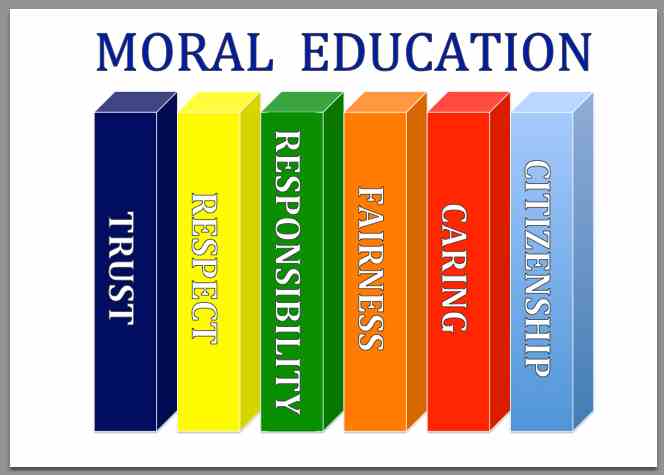MORALITY OF A TEACHER
The morality of a teacher refers to the ethical principles, values, and behavior that guide their actions and interactions within the educational context. Teachers play a crucial role in shaping the moral and ethical development of students. Here are some aspects related to the morality of a teacher:
1. Professional Ethics:
Teachers are expected to adhere to a set of professional ethics and standards that guide their conduct. This includes maintaining confidentiality, treating students and colleagues with respect and fairness, and upholding academic integrity.
2. Integrity and Honesty:
Teachers should demonstrate honesty and integrity in their interactions with students, parents, and colleagues. This involves being truthful, transparent, and reliable in their communication, grading, and assessment practices.
3. Respect and Empathy:
Teachers should respect the dignity, rights, and individuality of each student. They should demonstrate empathy and understanding towards students' diverse backgrounds, experiences, and perspectives. Respecting students' boundaries and creating a safe and inclusive learning environment is essential.
4. Fairness and Equity:
Teachers have a responsibility to treat all students fairly and equitably. This means providing equal opportunities for learning, avoiding favoritism, and addressing any biases or discrimination that may arise. Teachers should promote a sense of justice and fairness in the classroom.
5. Responsibility and Accountability:
Teachers are entrusted with the responsibility of educating and nurturing students. They should take their role seriously, fulfill their professional obligations, and be accountable for their actions and decisions. This includes taking ownership of their teaching practices, student outcomes, and continuous professional development.
6. Moral and Character Education:
Teachers have the opportunity to influence students' moral development by integrating moral and character education into their teaching. This involves teaching and promoting values such as honesty, integrity, empathy, respect, responsibility, and fairness.
7. Ethical Decision-Making:
Teachers often encounter ethical dilemmas and must make decisions that have moral implications. Ethical decision-making involves considering the well-being and best interests of students, weighing the consequences of actions, consulting with colleagues and experts when necessary, and adhering to ethical guidelines and codes of conduct.
8. Role Modeling:
Teachers are role models for their students. Their actions, behaviors, and attitudes shape students' understanding of what is morally acceptable. It is important for teachers to model positive moral behavior and demonstrate ethical values in their interactions with students and others.
9. Continuous Reflection and Growth:
Moral development is an ongoing process, and teachers should engage in self-reflection and professional growth to enhance their ethical practices. This involves critically examining their beliefs, biases, and actions, seeking feedback from colleagues, and engaging in professional development opportunities related to ethics and morality in education.
Teachers have a profound influence on the moral and ethical development of students. By embodying moral values, demonstrating ethical behavior, and fostering a caring and inclusive learning environment, teachers can positively impact students' character formation and contribute to their overall well-being.

Comments
Post a Comment